Table of Contents
As the month of Muharram begins, time feels different. There’s a quiet weight in the air — a shared sorrow that goes deeper than words. For Muslims, it marks the start of a new year. But for millions around the world, it also opens a wound that never truly heals. Muharram carries within it the memory of Karbala—the site of one of history’s most painful and powerful tragedies. This grief is not just for one community. It’s for anyone who feels the sting of injustice, anyone who understands sacrifice, and anyone whose heart beats for what is right.
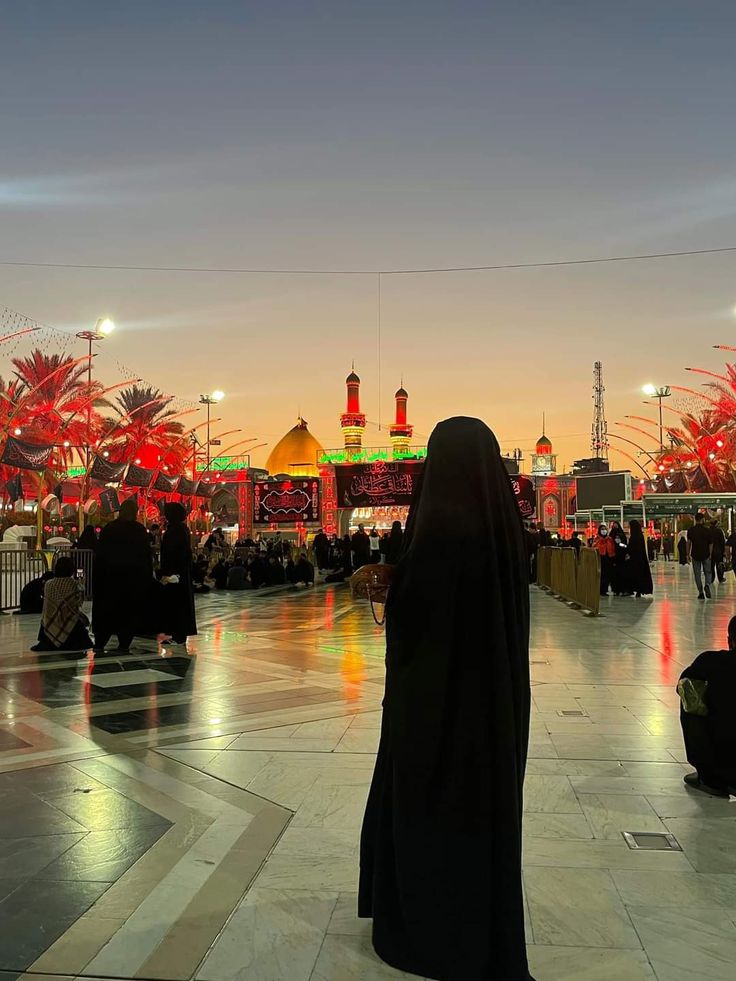
Imam Hussain (A.S.): The Heart of a Legacy
Imam Hussain (A.S.) wasn’t just the grandson of Prophet Muhammad (PBUH); he was his reflection, his voice, his soul in motion. The Prophet once said,
“Hussain is from me, and I am from Hussain.”
Raised by a man known as the mercy to mankind, Hussain (A.S.) grew into a leader shaped by compassion, strength, and truth. When Yazid, a corrupt and ruthless ruler, seized power and demanded allegiance, Imam Hussain refused. Not out of pride. Not for politics. But because truth cannot bow to tyranny. His stand wasn’t just religious—it was deeply human. When injustice rises and people stay silent, the very soul of humanity is at risk. Imam Hussain chose to speak, even if it cost him everything.
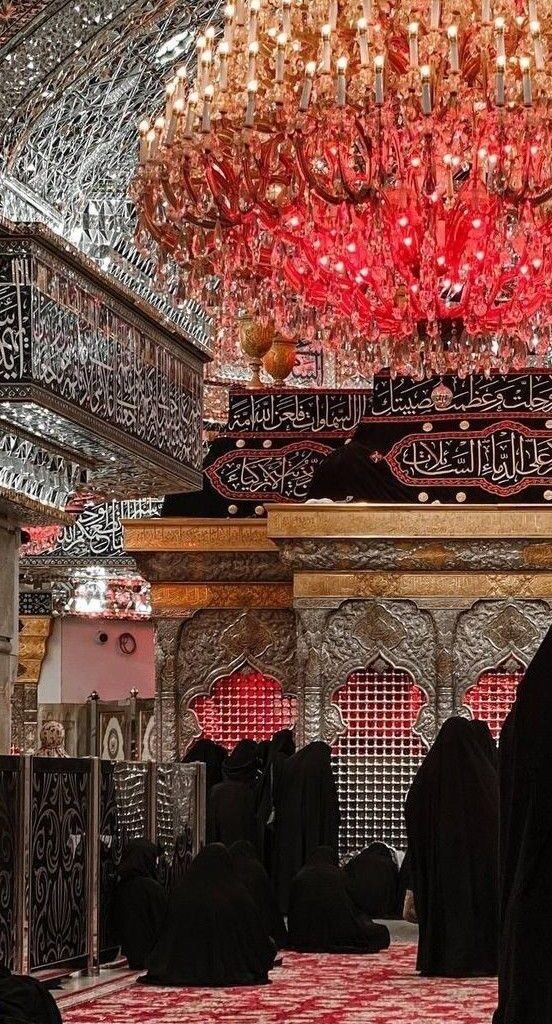
Karbala: Where Humanity Was Tested
On the 10th of Muharram, in the year 680 CE, the plains of Karbala bore witness to a moment unlike any other. A small group of 72—men, women, and children—stood beside Imam Hussain, facing an army of thousands. They had no water for three days under the scorching sun. The children cried from thirst. The elders knew they would not survive. But they stayed. Not for glory, not for gain—but for a cause greater than themselves.
Each martyr carried a story:
- Ali Akbar, a young man full of promise, struck down in his prime.
- Qasim, a teenager barely ready for battle, yet full of courage.
- Abbas, the flag-bearer, known for his unmatched bravery, lost both arms trying to bring water to the camp.
- Ali Asghar, a baby—just six months old—was lifted in Imam Hussain’s arms as he pleaded for mercy. An arrow silenced his tiny heartbeat.
No soul with a beating heart can hear these stories and remain untouched. Karbala breaks the silence of history with a cry that reaches across cultures, religions, and borders.
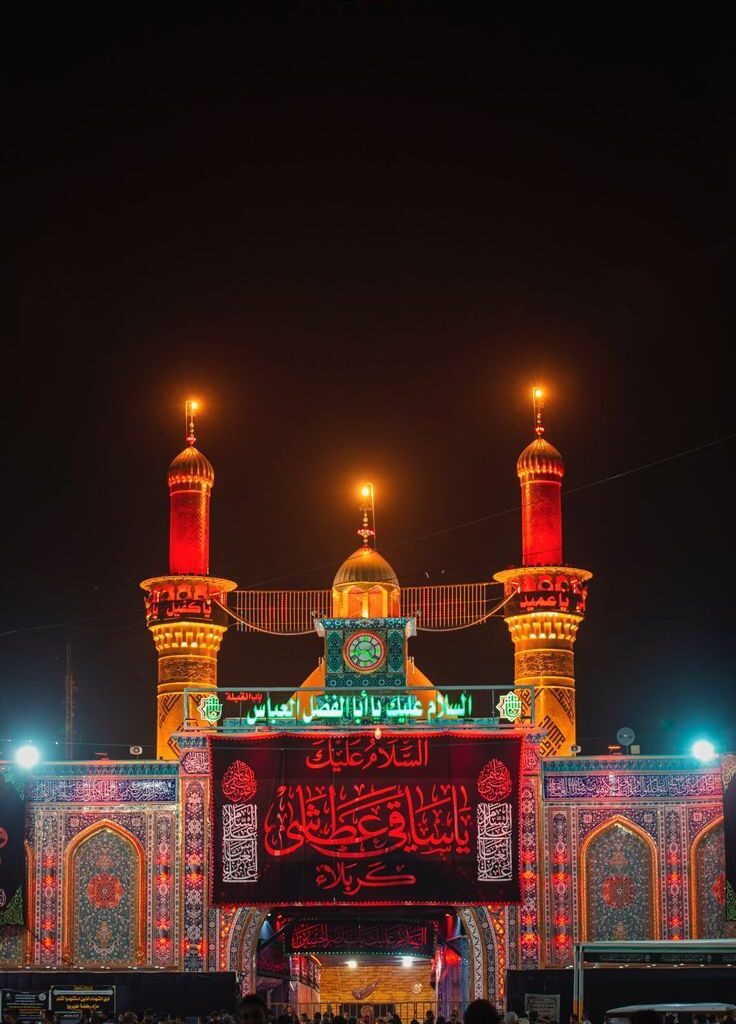
The Last Stand: Truth Over Life
As the sun set on that day, Imam Hussain stood alone. Everyone he loved had fallen. Wounded and surrounded, he still chose to pray. He still chose dignity over surrender. His last words were not of despair. They were a prayer:
“O Allah, I am content with Your will.”
His head was taken while he was in sujood (prostration). His body was left on the battlefield. But his message rose higher than any sword could reach. Hussain (A.S.) was not defeated. He was victorious—because he proved that truth, even when outnumbered, never truly loses.
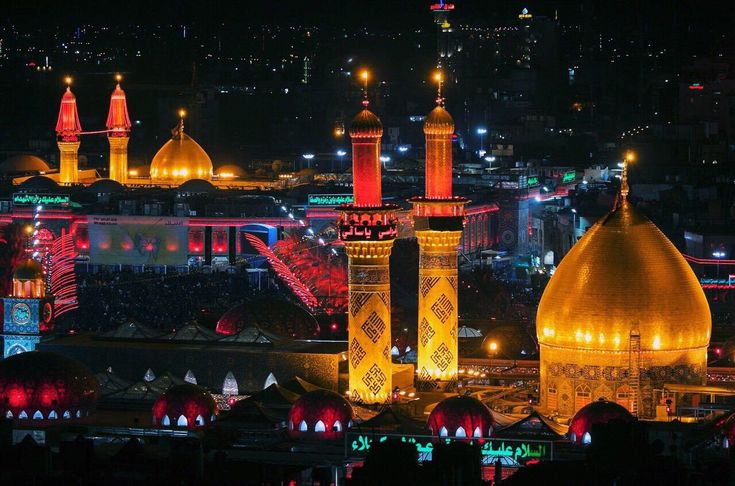
Zainab (S.A.): The Voice That Wouldn’t Break
The story didn’t end with blood. It continued with words. Lady Zainab (S.A.), the sister of Hussain (A.S.), stood as a witness to Karbala’s horror. Shackled and grieving, she was marched through the streets with the other survivors. But in the palace of Yazid, she didn’t cower. She faced him, eyes steady, voice unshaken.
She said,
“You think you’ve won, Yazid? The world will remember what happened here. History will judge. And Hussain’s name will rise long after yours is forgotten.” She was right. More than a thousand years later, people still call out, “Ya Hussain!” and cry for Karbala—not out of ritual, but out of love, conviction, and connection to something timeless.
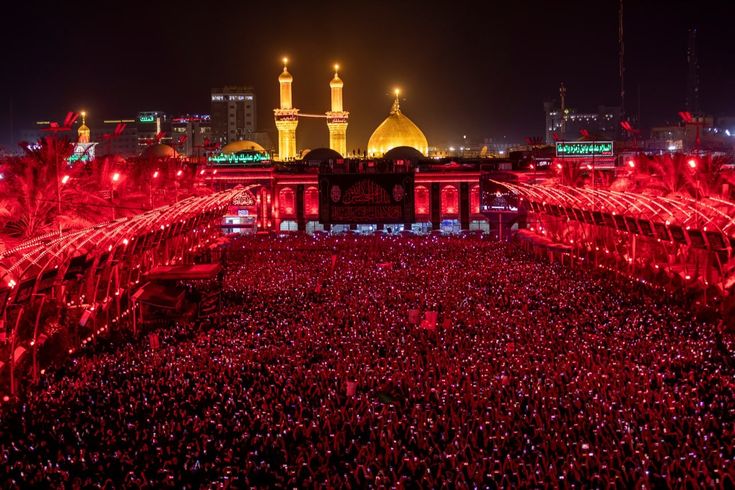
A Message Beyond Religion
What makes Karbala eternal isn’t just the grief. It’s the courage. The clarity. The refusal to stay silent. Imam Hussain’s stand isn’t just for Muslims. It’s for everyone who values justice, who believes in standing up, even when it means standing alone. Leaders and thinkers across the world—from Mahatma Gandhi to Christian scholars—have spoken of Imam Hussain’s sacrifice with reverence. Because the values he lived and died for are deeply human.
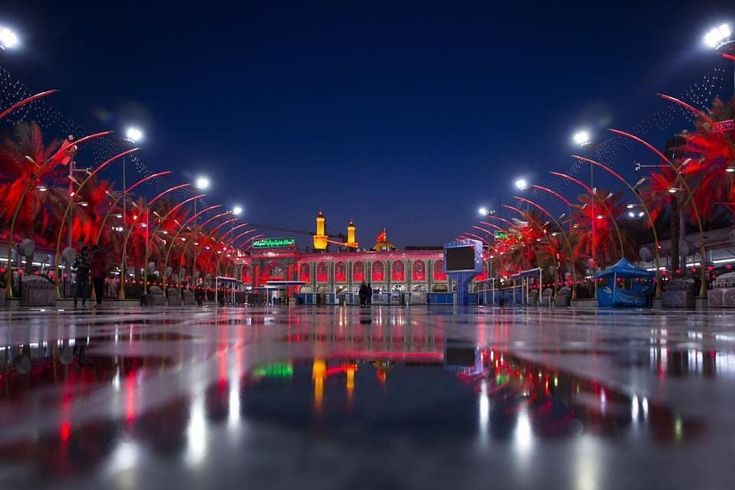
Tears That Strengthen the Soul
When Muharram comes, it’s not just a time for mourning. It’s a time to remember why we cry. We cry because we care. Because injustice still exists. Because we see ourselves in the struggle for truth. These tears are not weakness—they are a vow. To live with integrity. To stand with the oppressed. To carry forward the light of Karbala in a world that still needs it.
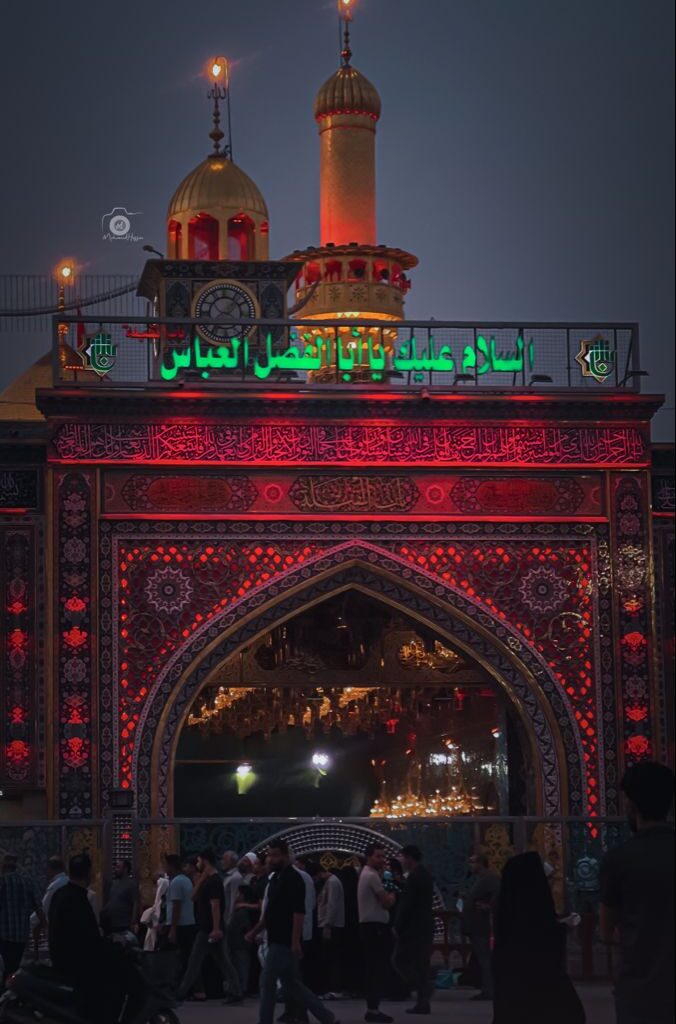
The Flame That Never Dies
In every land where people long for justice, Karbala lives. In every heart that refuses to bow to cruelty, Hussain’s message burns bright. Muharram is not just a chapter in Islamic history. It is a call to every human being: Stand for truth. Speak against wrong. Be the voice that refuses silence.
Because as long as there is oppression, the cry of “Ya Hussain” will echo—not as a memory, but as a living force.
Author Profile

- I'm Farhat Sakeena, a certified English language teacher and proofreader with a BS Hons in English Language and Literature from Govt College University Faisalabad. Holding a 120-hour TEFL certification from World TESOL Academy, I've honed my skills in teaching English online and providing high-quality proofreading services. As a dedicated freelancer, I help students and professionals improve their language skills and refine their writing.
Latest entries
 Mental HealthAugust 21, 2025When Pressure Boils Over: The Quiet Roots of Aggression
Mental HealthAugust 21, 2025When Pressure Boils Over: The Quiet Roots of Aggression Women's RightsJuly 22, 2025Shattered Dreams and Broken Promises: The Unseen Suffering of Women Across the World
Women's RightsJuly 22, 2025Shattered Dreams and Broken Promises: The Unseen Suffering of Women Across the World Digital SocietyJuly 19, 2025Caught Between Screens and Reality: The Silent Struggle of a Generation
Digital SocietyJuly 19, 2025Caught Between Screens and Reality: The Silent Struggle of a Generation Human RightsJuly 12, 2025When Death Was the Only Visitor: The Silent Tragedy of Forgotten Lives in Urban Pakistan
Human RightsJuly 12, 2025When Death Was the Only Visitor: The Silent Tragedy of Forgotten Lives in Urban Pakistan

